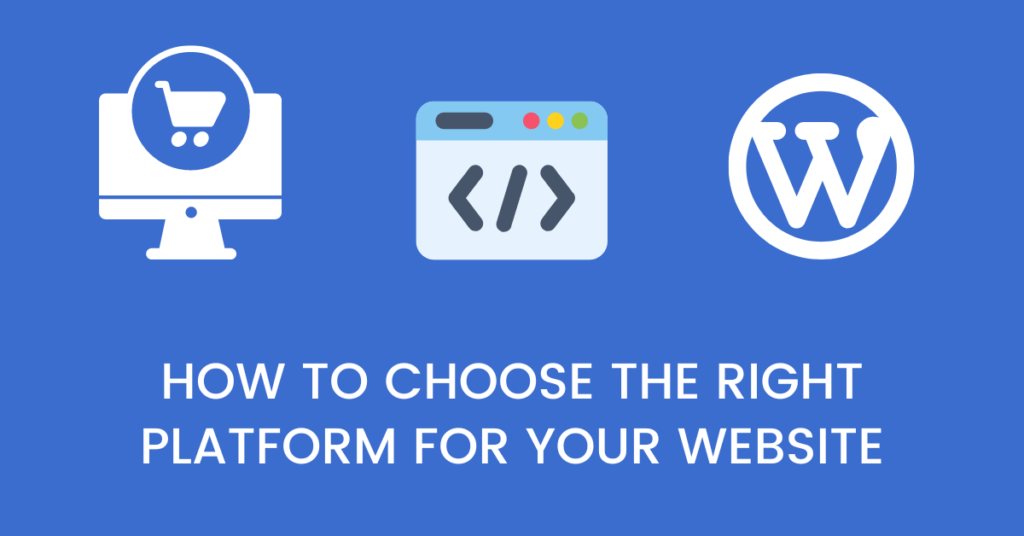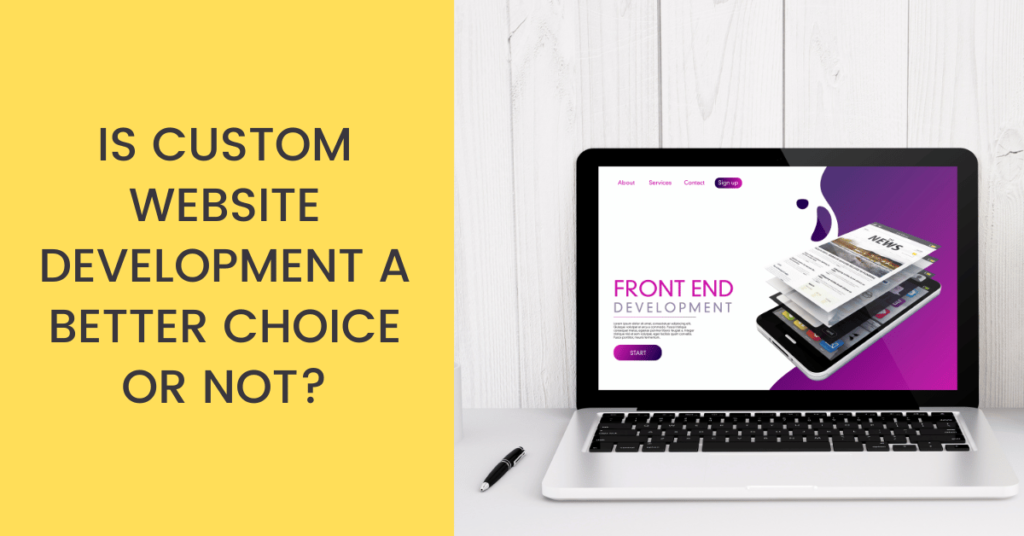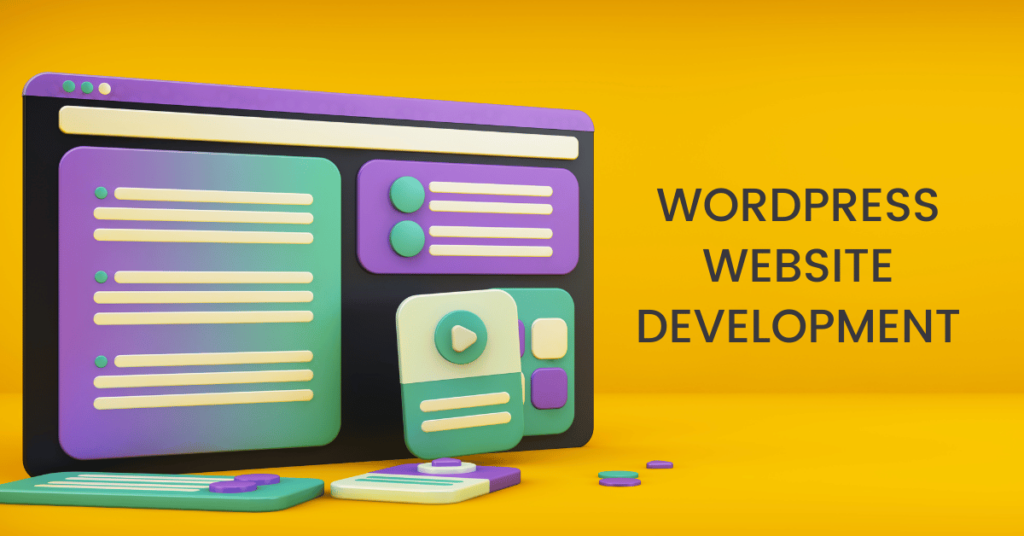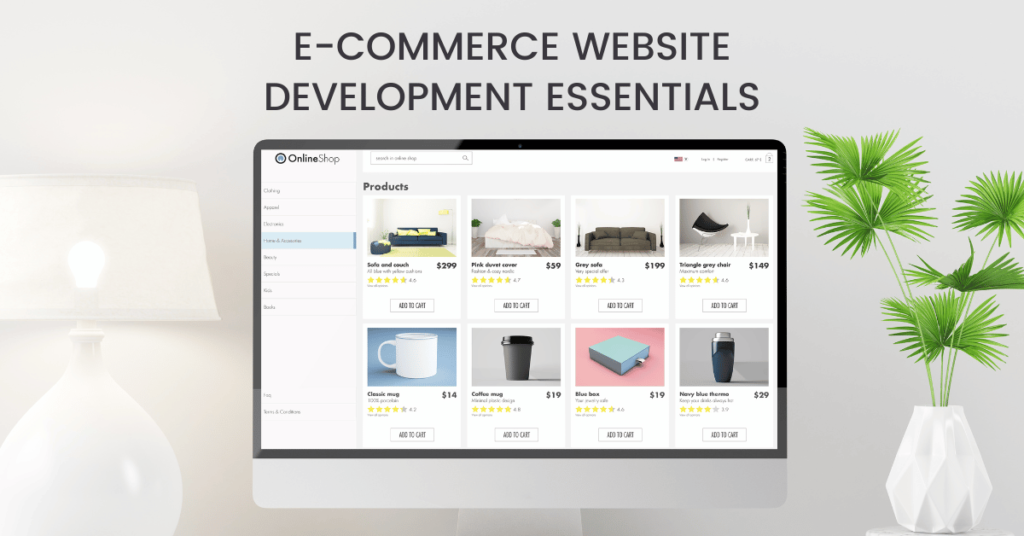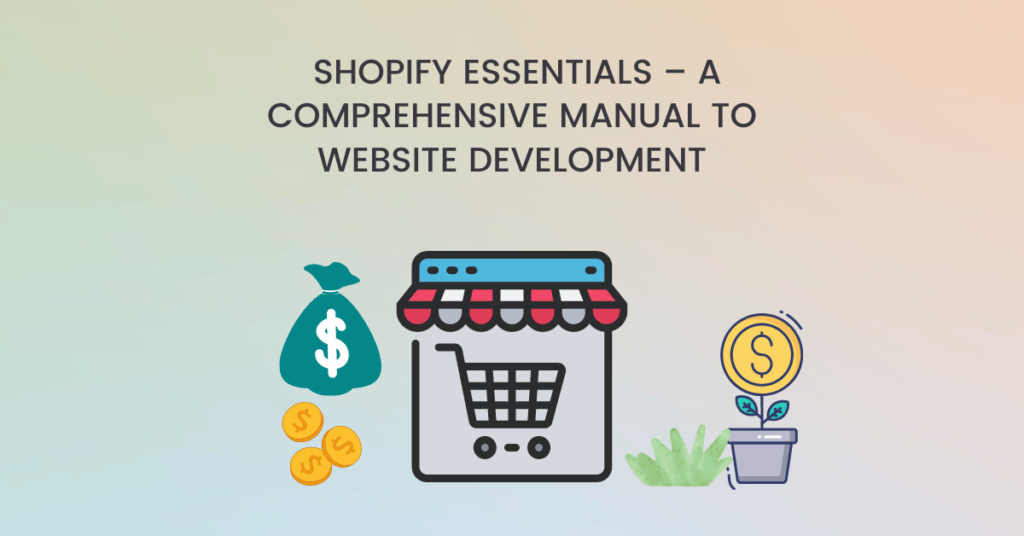Which Platform To Choose For Website Development
In the ever-evolving landscape of website development, the decision to choose the right platform is a difficult task to laying the foundation for a successful online presence. The variety of available options can be overwhelming, but do not worry; we’re here to guide you through the difficulties of selecting the ideal platform for your website. Among the different choices, one platform stands out prominently is WordPress. In this article, we will dive deep into the factors to consider when picking a development platform, explore some of the top contenders, and shine a spotlight on the uniqueness of WordPress.
Factors to Consider When Choosing a Website Development Platform
A. Purpose and Goals:
Content Type:
- Assess whether your website will primarily feature a blog, e-commerce, portfolio, or a combination.
- Different platforms cater to specific content types, such as WordPress for versatile content and Shopify for e-commerce.
Scalability:
Consider the future growth of your website. Some platforms, like WordPress and Joomla, are more scalable than others.
B. Ease of Use:
User-Friendly Interface:
- Beginners may lean towards intuitive platforms like Wix or Squarespace.
- Seasoned developers might prefer the flexibility offered by platforms like Drupal or Joomla.
Learning Curve:
- Assess your technical expertise and choose a platform that aligns with your proficiency.
WordPress and Wix are known for their user-friendly interfaces, while Drupal and Joomla may have steeper learning curves.
C. Design and Customization:
Templates and Themes:
- WordPress and Shopify offer an extensive library of templates, catering to various industries.
- Customization enthusiasts might prefer platforms like Joomla, Drupal, or Magento for their flexibility.
Flexibility:
Evaluate the platform’s adaptability to your design preferences. Some platforms, like Wix, are more restrictive, while others offer extensive customization options.
D. Budget:
Cost Considerations:
- Platforms like WordPress, Joomla, and Drupal are open-source, offering cost-effective solutions.
- Proprietary platforms like Squarespace or Wix may have subscription fees.
Top Website Development Platforms
WordPress: The Powerhouse of Website Development
Overview: Powers over 40% of websites on the internet.
Open-source, customizable, and user-friendly.
Pros:
- Massive community support.
- Extensive library of plugins and themes.
- Ideal for various purposes, from blogs to e-commerce.
Cons:
- Regular updates may require maintenance.
- Heavily used, making it a target for security threats.
Use Cases:
- Suitable for blogs, corporate websites, e-commerce stores, and more.
- Thrives in a content-centric environment.
Shopify: Tailored for E-Commerce
Overview: Designed specifically for online stores. Hosted solution with built-in e-commerce features.
Pros:
- User-friendly interface.
- Seamless payment integration.
- Excellent customer support.
Cons:
- Monthly subscription costs.
- Limited customization compared to open-source platforms.
Use Cases:
- Ideal for businesses focusing on selling products or services online.
- Streamlined e-commerce functionalities.
Wix: Drag-and-Drop Simplicity
Overview: User-friendly drag-and-drop website builder. Suitable for beginners and small businesses.
Pros:
- Intuitive interface with no coding required.
- Affordable plans.
- Suitable for small to medium-sized websites.
Cons:
- Limited scalability for complex websites.
- Less control over hosting and back-end functions.
Use Cases:
- Perfect for small businesses, portfolios, and personal websites.
- Quick and easy website setup.
Joomla: Versatile and Robust
Overview: Open-source content management system. Balances flexibility and ease of use.
Pros:
- Powerful customization options.
- Suitable for various types of websites.
- Active community support.
Cons:
- Moderate learning curve for beginners.
- Smaller ecosystem compared to WordPress.
Use Cases:
- Well-suited for social networking sites, e-commerce, and community-based platforms.
- Offers flexibility for diverse website structures.
Drupal: The Powerhouse for Advanced Users
Overview: Open-source CMS with robust capabilities. Preferred by developers for complex projects.
Pros:
- High level of flexibility and scalability.
- Excellent for large, complex websites.
- Strong developer community.
Cons:
- Steeper learning curve, best suited for experienced developers.
- Limited theme options compared to WordPress.
Use Cases:
- Best for large-scale, complex websites with specific requirements.
- Ideal for developers seeking maximum control.
Conclusion:
Selecting the right platform for website development and website redesign is an important decision that depends on your specific needs and goals. While the options are diverse, WordPress remains a standout choice for its versatility and widespread use. Whether you opt for the simplicity of Wix, the e-commerce powers of Shopify, or the flexibility of Joomla or Drupal, understanding your requirements is the key to a successful website development journey.

